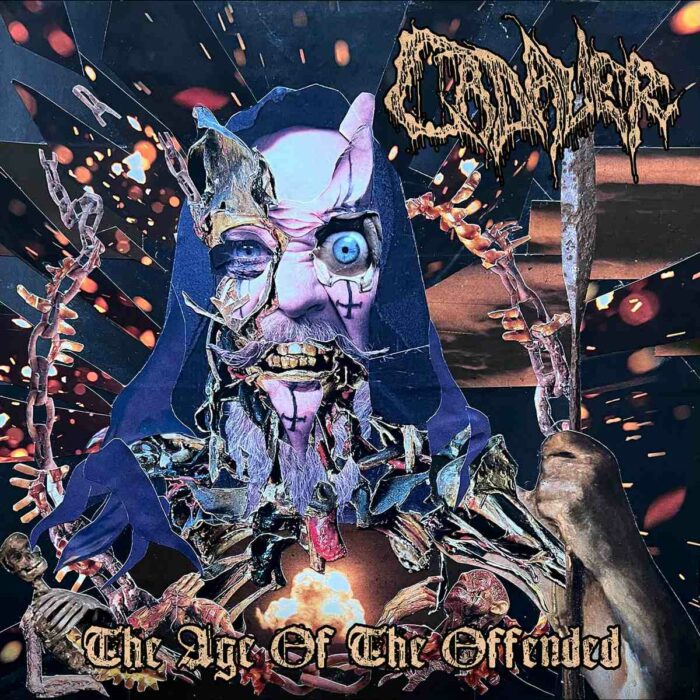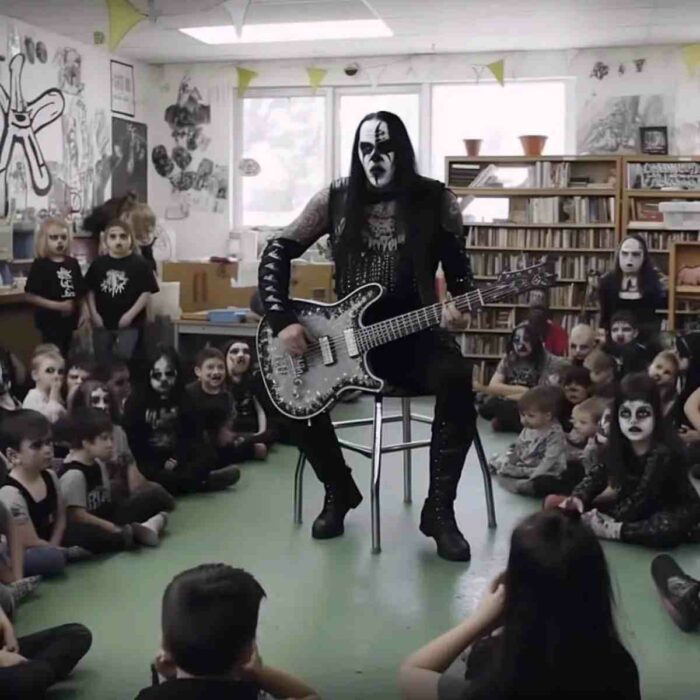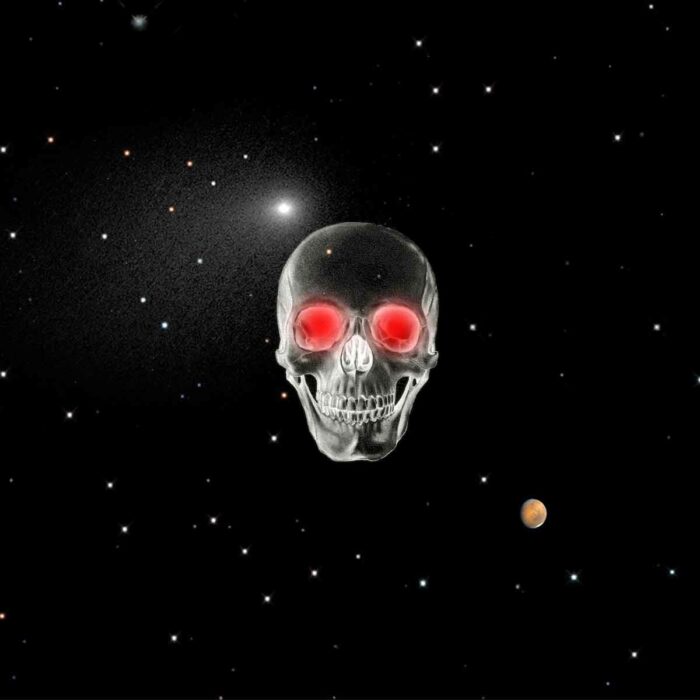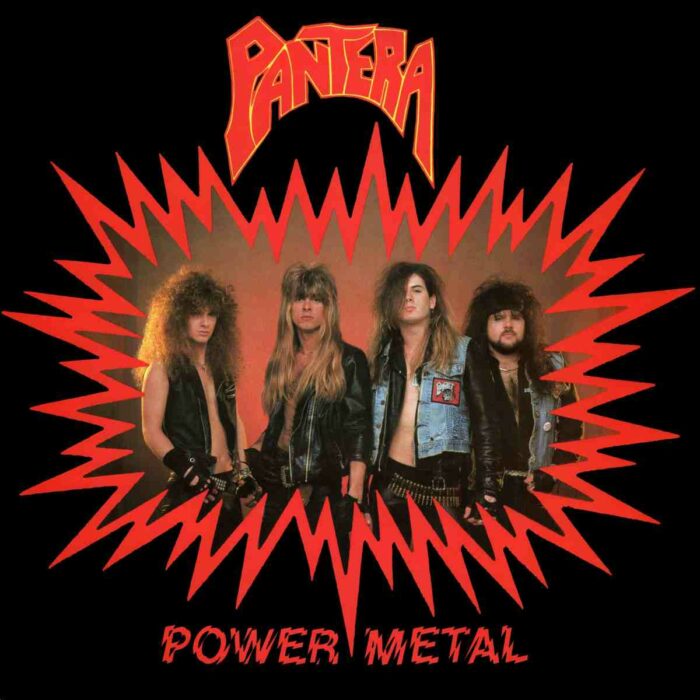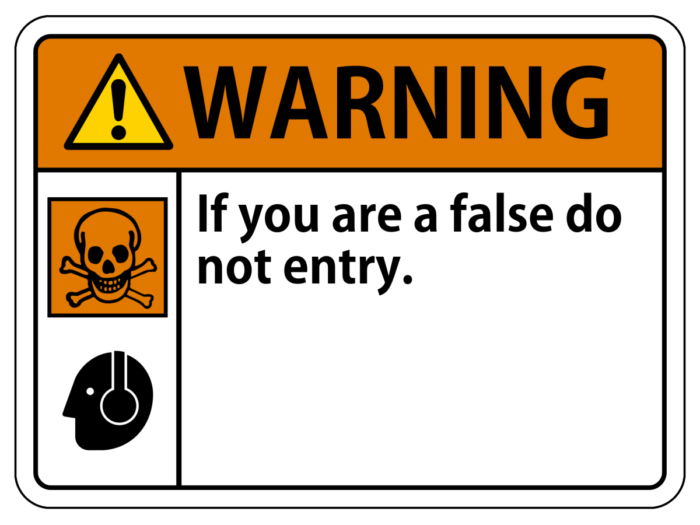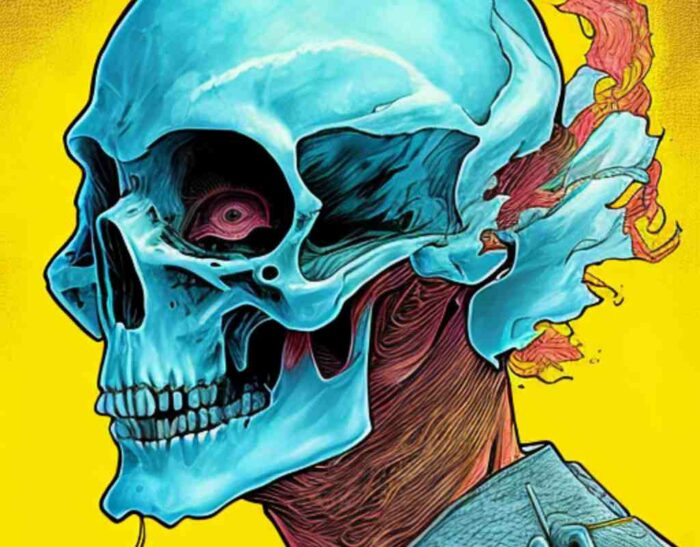At some point, one must admit that all religion is the same at its core: you either believe in some divine force underlying life and pushing it toward good, or not. Everything else is grafted-on control methods to fit the culture that produced the religion in order to keep it healthy.
93 CommentsTags: agnosticism, christian metal, christianity, metal philosophy, Religion, smr


